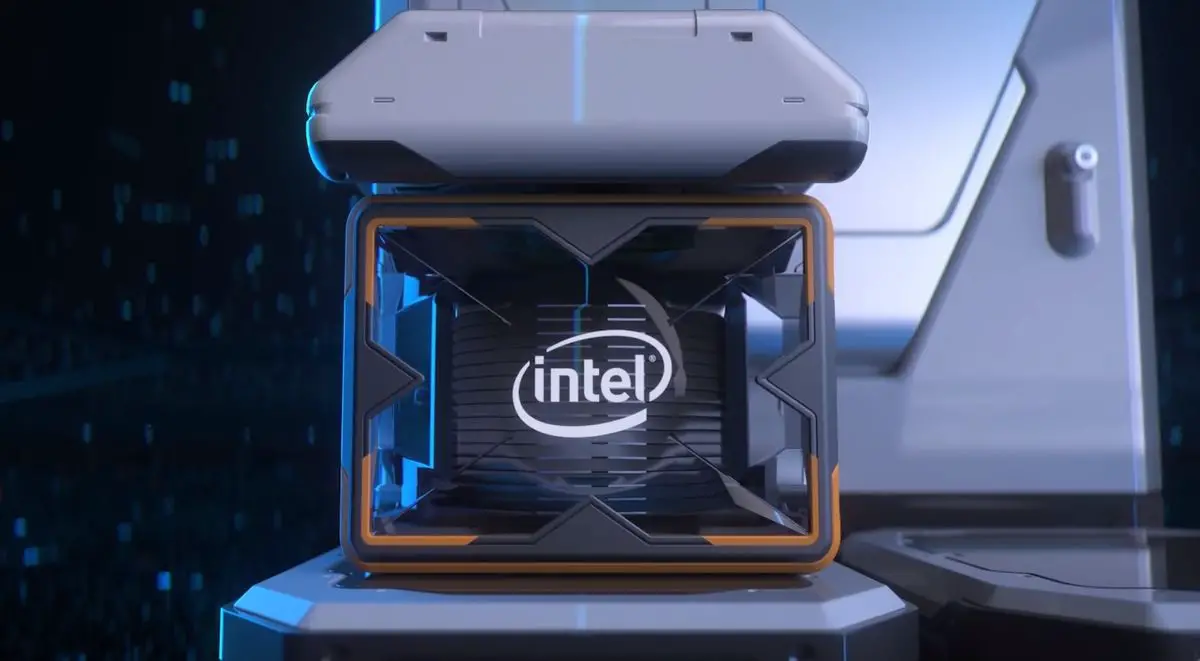Intel lags behind in the market, its 7nm chips are delayed again and will not arrive until 2022.
Intel goes from bad to worse, the company already accumulates several delays with its 7nm processors, while the rest of the manufacturers already have the focus on the 5 and 3nm. Thus, Intel is left in a very delicate situation compared to its competitors.
- Apple will build a new plant to meet AirPods demands
- Oppo prepares the launch of its first Wear OS smartwatch
- First MacBook models with Apple ARM processors are leaked
Intel delays, unfortunately, are commonplace, with 14nm something similar has happened to them and now it seems that the same thing is happening again for 7nm . Until 2022 or 2023, these chips will not be released according to their CEO’s latest claims, which shows a significant delay.
A failure in the manufacturing process seems to be the cause of this change of dates. The announcement was made by Bob Swan, CEO of Intel in a presentation of fiscal results. The company has always defended itself by claiming that comparing lithographs is complicated, but the fact is that it is far behind that of other brands.
While Intel delayed its chip 7nm and again, companies like TSMC already has the green light to make their processors 3nm to 2023 and is already studying chips 2nm for two years later.
To solve manufacturing problems, Intel has explained that it will hire third-party services. Other companies will be responsible for manufacturing part of those chips that Intel resists, although it has not yet emerged what companies they will be. Intel Xe GPUs with Ponte Vecchio architecture will be some of those chips made by third parties, but we won’t see them until 2021.
That same year will be when, if there is no further delay, Itel will present its 10nm processors for desktop computers . At the moment, we only have them available for laptops.
- Find out if your iPhone is compatible with iOS 14
- Apple AirPods 3 design and technology may be similar to AirPods Pro
- Physicists demonstrated first chip-to-chip quantum teleportation
Admittedly, experts suggest not relating the performance of a chip to its size, which is often used as a marketing ploy. Intel’s 10nm processors have directly competed with TSMC’s 7nm node. However, the performance improvements from one size to another are notable.
In the absence of any further lag, Intel may get through the bump with some ease, but the competition in the market is getting really tough and unforgiving. At the moment, Intel must be aware of AMD and its 7nm, TSMC that is already preparing its 3nm and, the last to arrive, ARM with its microprocessors.





